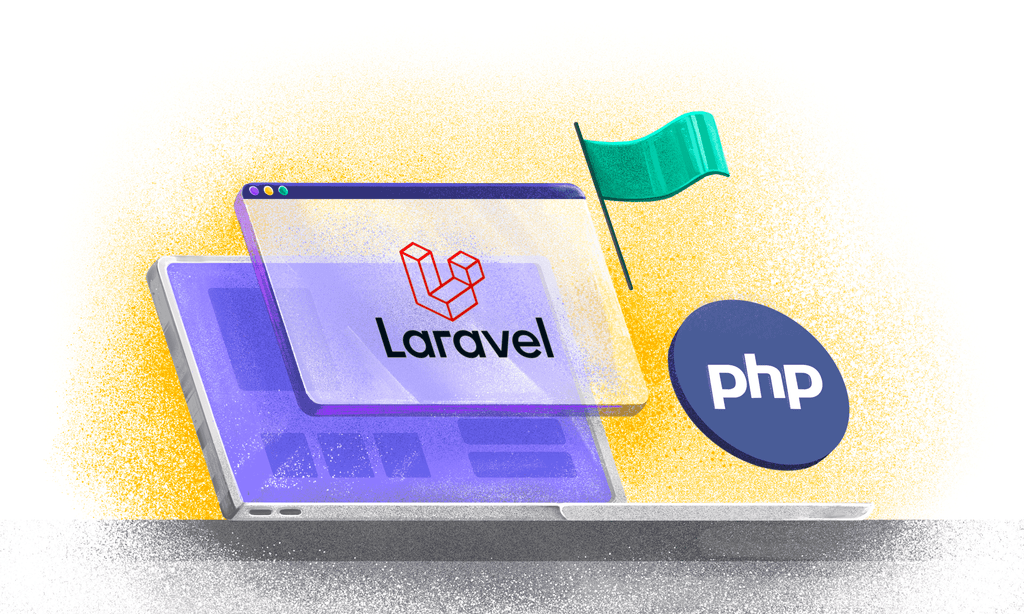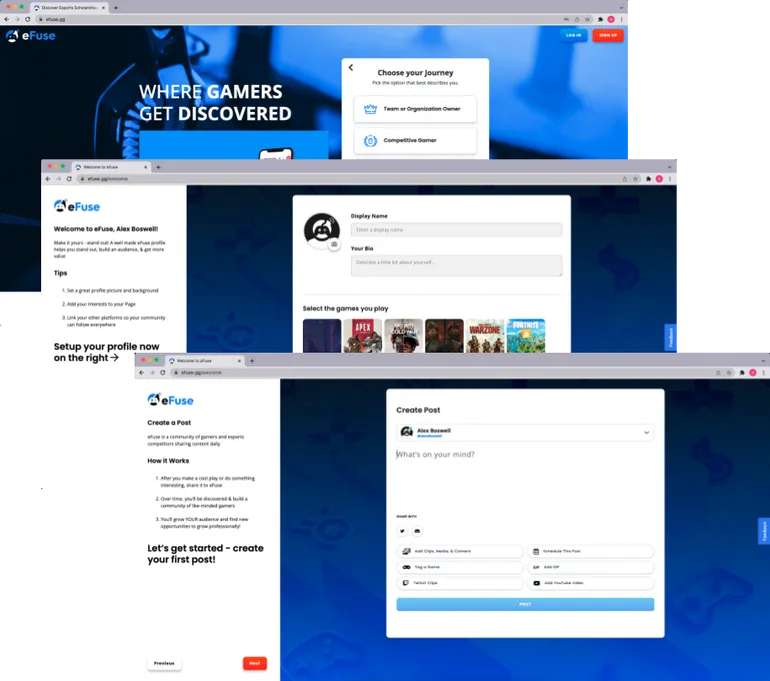The Best Thing about Founding a Remote-First Company? Pickled Onion Monster Munch and The Beautiful Game
Public Health Warning: This is an extremely feel-good post.
I’ve been starting and running companies for over 25 years. I’ve started a lot of companies—so many that I’ve lost count. It was something like 15 at the last count. “You miss 100% of the shots you don't take” said some ice skater, and I’ve very much followed that mantra when it comes to not saying no to the ideas in my head.
Of all the companies I’ve started, only one works remote: Flagsmith.

Our Values for Building Flagsmith as a Remote-First Company
One of the values we have at Flagsmith is to have “strong opinions, loosely held”.
We never started out as a remote-first company; we never started out as a company at all! It took over three years to go from first publishing our project on GitHub to registering a business in the UK. Back then, almost all of the commits to the project were made by people living and working in London. Things quickly changed.
First and foremost, Covid hit right at the point that I decided to work on the project full-time. Then, we met some Americans and I did the best deal of my life—all over Zoom. Before we knew it, we had a small, bootstrapped team that was spread out over the UK, East Coast USA, Mumbai, Poland and Germany. Because of Covid, we had no way to physically meeting one another.
We were inspired by remote-first companies like Buffer and Gitlab. They had shown that you could scale a remote-first software business whilst building a strong company culture, staying effective and shipping products. As we grew our team and company, I was very mindful of the fact that this was a significant aspect of the business that I had no experience in.

I started reading about how to deal with the growing pains of a remote-first business. Some of the problems we’ve had to deal with really aren’t predictable at all!
- How do you ship a laptop to Ecuador in three days when they have no functioning national postal service (at the time)?
- How do you fill in security RFPs that ask you to describe your physical office's security procedures?
- India has ~18 public holidays. The UK has eight. How do you make that equitable for your employees?
Some of these things can be solved operationally with thought and effort, but often you just have to go with your gut. As we’ve grown, we’ve built a way of working which tries to solve these problems.
The Benefits of a Remote Team
There are a number of obvious benefits to having a remote team. You can hire people anywhere in the world. You don’t need to mount siege style territory roll-outs as you acquire an international presence. It’s much easier to support a global client base. You can leverage tools that have been built around asynchronous workflows to build your product and business.

Another benefit is our annual company off-site. We get everyone together once a year to see one another in-person, work on company strategy, and figure out how tall everyone is. Last year we went to Amsterdam and this year we met up in Cambridge, UK.

The Best Benefit of Founding a Remote Company
There’s one aspect of a remote team that is without doubt my favorite, and that’s what I want to talk about: It's giving people the opportunity to travel to new countries (and sometimes even new continents!).
Seeing your employees trying out new food and experiencing new cultures is, as a founder, the absolute best. This year, we took this to new heights.
One of our team members, Benjamin, lives in South Korea and had never visited the UK before. Obviously, we introduced him to the peak of British culinary experiences: Pickled Onion Monster Munch. He got to experience four days of solid rain.
He is also the world’s biggest Manchester United fan. Now, there are a lot of Manchester United fans in the world, but Benjamin is the biggest. As we talked about football on our last night together as a team, I suddenly remembered—I was actually visiting Manchester that weekend for a 50th birthday party.

WAIT…
Upon mentioning it, we all looked at each other and had one of those moments where everyone in the room suddenly has the same thought… what if Manchester United were playing at home this weekend? We checked and they were, on Saturday!
Getting Our Remote Coworker to Old Trafford
Getting two tickets would be pretty tough, but maybe we could make it work! I called a friend and asked how hard it would be to get two tickets for the game, and he said he could probably help us!
YES!
We realised that Benjamin’s flight out of Heathrow was during the match, though! We called the airline and pleaded; they said we couldn’t move the flight without an insane additional cost that even the beautiful game couldn’t justify. Gloom descended.
NOOOOOOOO!
We all woke up on Friday and started packing our bags. What could have been.
Then I saw Benjamin. He was wearing a cheeky smile. Earlier that morning he’d called the airline head office and managed to sweet talk his way onto a Monday flight at no additional cost!
YES!
I called my friend and within 20 minutes, two tickets to Old Trafford were ours!
YYYYYYYYEEEEEEESSSSSS! IT’S HAPPENING!
We headed back to my home in North London on Friday, and spent the evening on a very wet tour of the two footballing titans of North London.
The Beautiful Game
We woke up on Saturday, got a train to Euston, got a train to Manchester Piccadilly, got a tram to Old Trafford, got to the stadium, sprinted up nine flights of stairs, ran through two turnstyles and before you know it…

That right there? That’s the best part of being a remote-first company.

.webp)

























.png)
.png)

.png)

.png)



.png)






















.png)
















